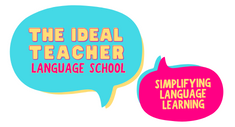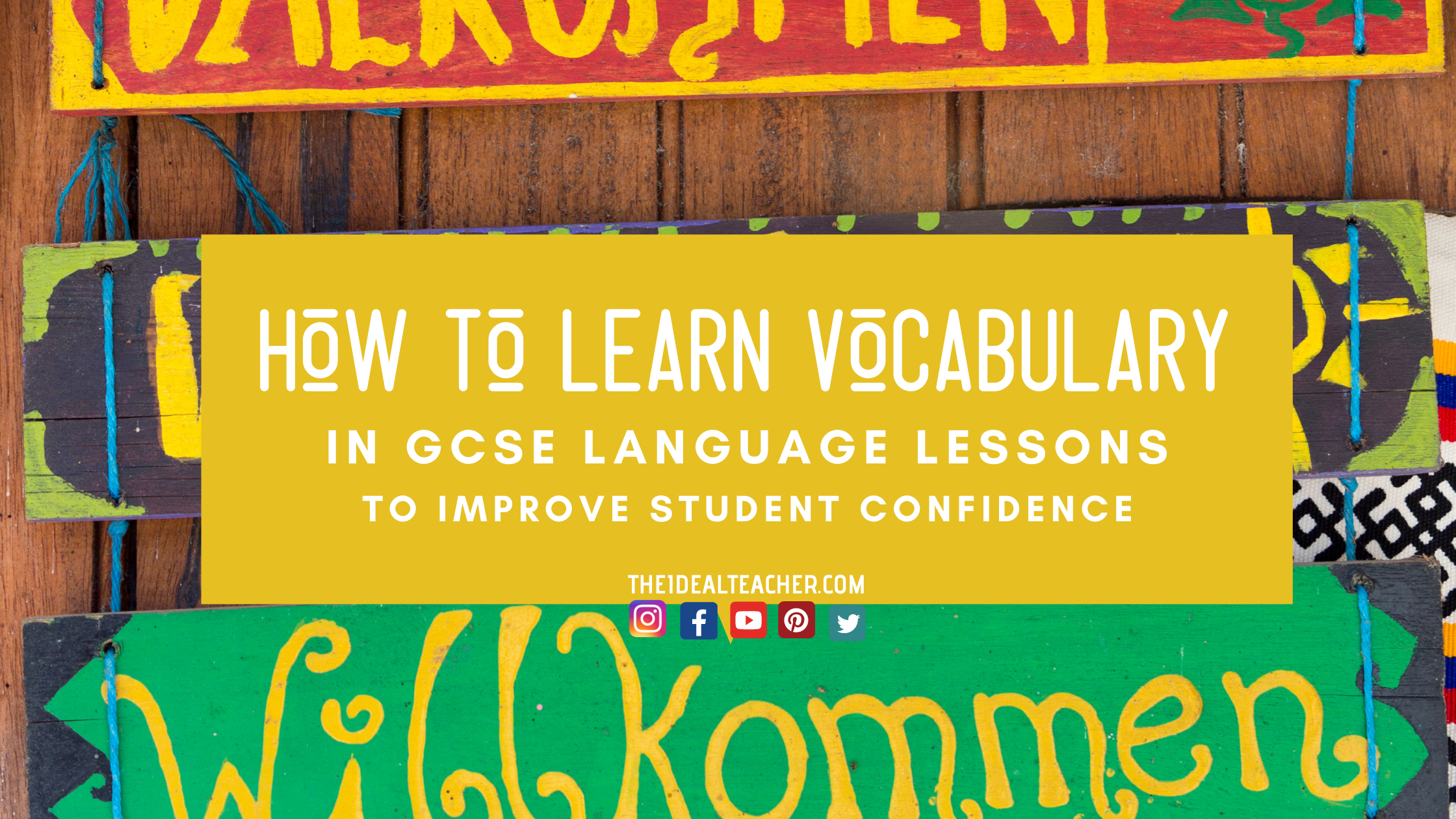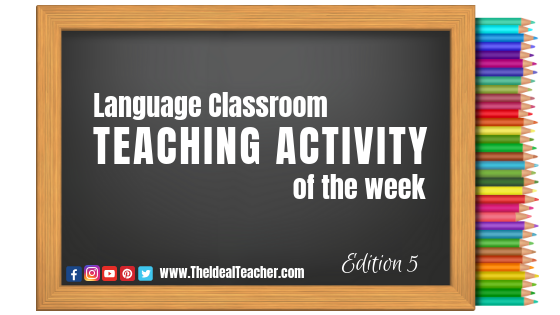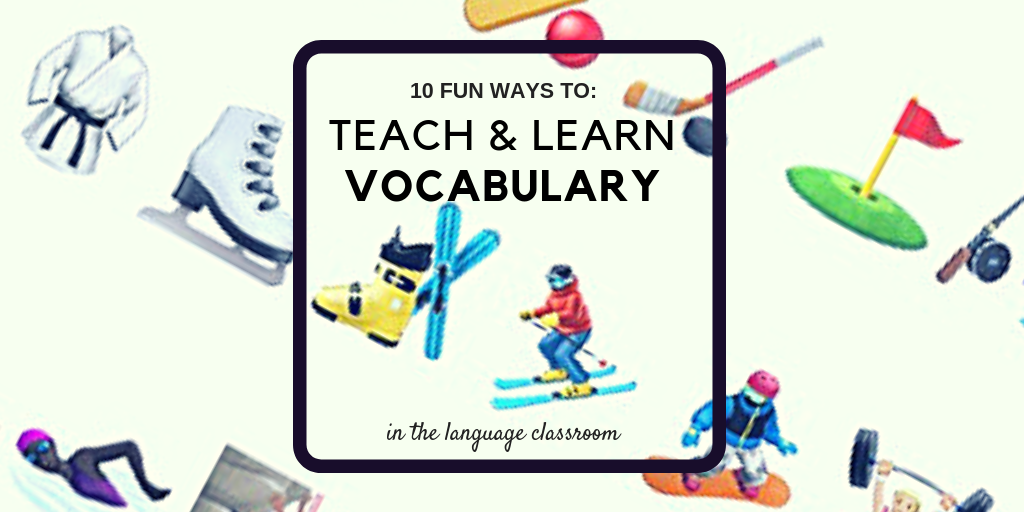Help Students To Learn Vocabulary in Language Lessons Without Them Knowing! When I get a new French or German GCSE tutee or a group of GCSE language students, we do a quick diagnostic. I ask the students to select two…
Tag: learn vocabulary
TEACHING IDEA OF THE WEEK – EDITION 5 – SYNONYMS AND ANTONYMS CHALLENGE This week, I used a really good starter in my English lessons (adaptable to French, German and Spanish etc). The teaching activity got my students thinking as soon…
Learn Vocabulary Using Fun Activities Both from personal and professional experience, learning and being able to use vocabulary is a vital component to having confidence and being successful in communicating in any foreign language. Therefore it is important to teach…
The Emoji Mindmap Trend Last year, I saw Dannielle Warren using the Emoji Mindmap that she had put together from a Google image, which included a massive number of emojis to annotate on to recap and improve vocabulary, the idea…
The Practice of Retrieval ‘When we think about learning, we typically focus on getting information into students’ heads. What if, instead, we focus on getting information out of students’ heads?’ (Agarwal, 2017) Whilst I feel the quotation is useful in introducing retrieval practice, which the…





